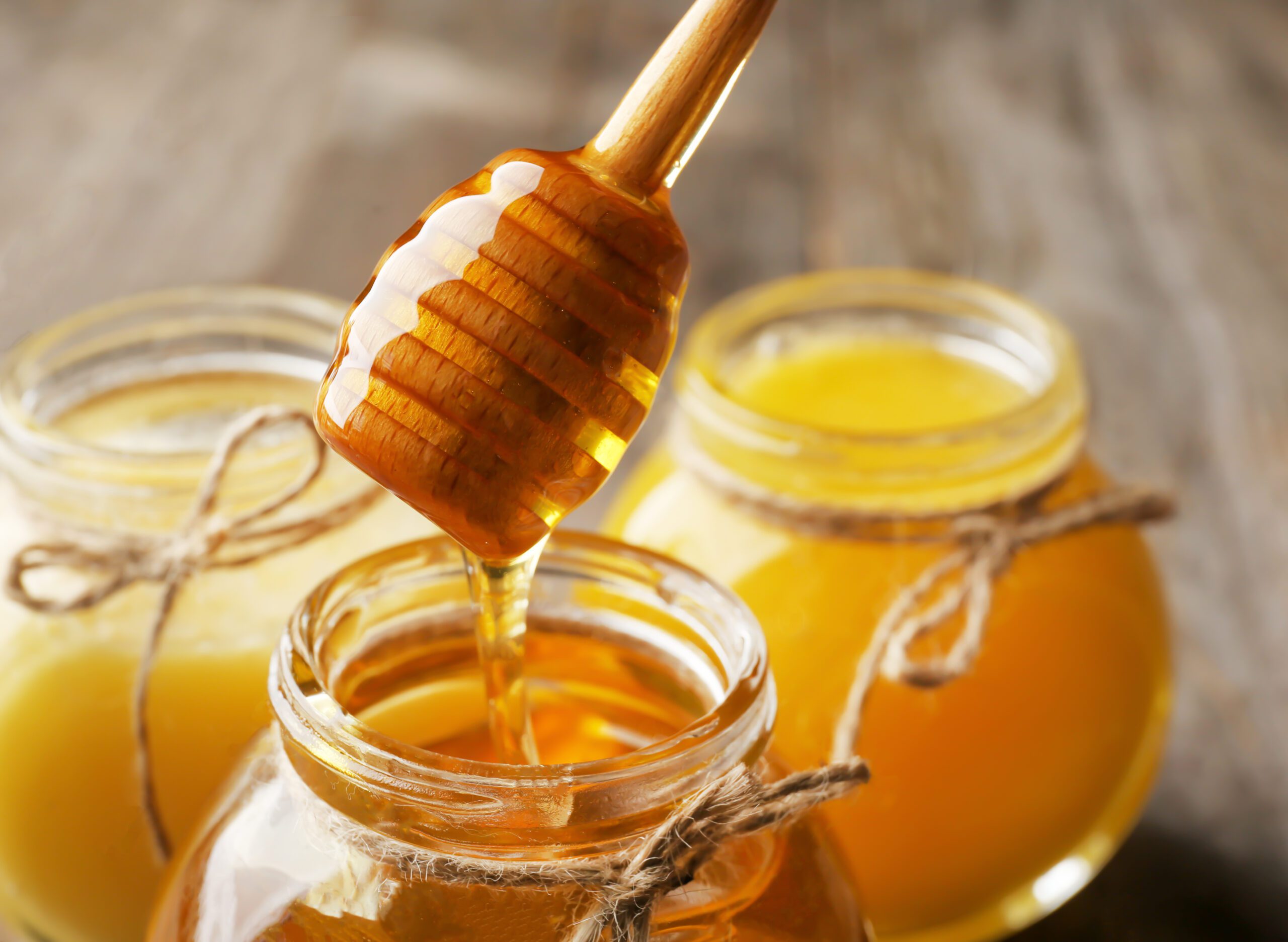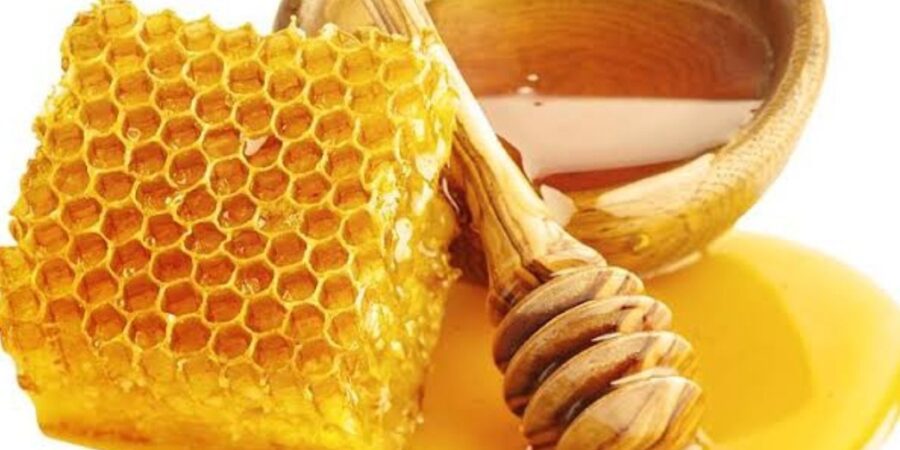When you immerse yourself into the velvety, sweet depth of honey, it’s not just a culinary experience but a plunge into the nectarous wisdom of nature and dedicated labor of honeybees. Organic honey https://greenelly.com/product/bashkirian-organic-natural-flower-honey-2lb/, a luscious syrup born from the stringent adherence to natural and sustainable beekeeping practices, offers not merely a superior flavor but also treads gently upon our environment, ensuring the well-being of both consumers and the ecosystems.
Distinctive Characteristics of Organic Honey
Organic honey distinguishes itself through its pure, unadulterated form and the conscientious practices that guide its journey from beehive to bottle. Its properties of being antioxidant-rich, containing a spectrum of enzymes, and providing a natural sweetness without added sugars or preservatives make it a preferable choice for health-conscious individuals. Furthermore, the noted antimicrobial properties of honey, which can be attributed to its low water content, high acidity, and the presence of hydrogen peroxide, enhance its appeal as a wholesome food.
The reflection of blossoming fields, unpolluted by synthetic chemicals, shines through organic honey’s complexity of flavors and aromas, providing a unique tasting experience that is simultaneously a celebration of nature’s diversity and bounty.
Beekeeping with a Conscience: Production of Organic Honey
The production of organic honey goes hand in hand with sustainable, ethical beekeeping practices. Beekeepers adhere to stringent guidelines, prioritizing the welfare of bee colonies and ensuring that the bees forage in environments free from synthetic pesticides, herbicides, and genetically modified organisms (GMOs). This typically means that the beehives are placed in isolated areas, far from non-organic fields and potential contaminants, ensuring the purity of the nectar collected.
Moreover, the bees are tended to with utmost care, ensuring that their health is prioritized through natural pest control methods and providing supplemental feeding only with organic substances when necessary.
Environmental and Health Implications
Opting for organic honey supports a framework of agriculture that respects ecosystems and biodiversity. Healthy bee populations are crucial for the pollination of numerous crops and wild plants, thereby sustaining various species and ensuring productive yields in agriculture.
Furthermore, by abstaining from synthetic chemicals, organic honey production aids in reducing environmental pollution and promoting biological diversity. From a health perspective, choosing organic honey ensures that one consumes a product free from residues of pesticides and antibiotics, aligning with a nourishing and conscious diet.
In Closing
Selecting organic honey is a multifaceted choice that reflects a commitment to personal health and environmental stewardship. The mellifluous streams of this golden elixir embody the vigor of the fields, the industriousness of the bees, and the ethical choices of the beekeepers, offering not just a sweetener, but a sustainably harvested, nutrient-dense food that whispers the pure tales of nature in every drop.
https://www.youtube.com/watch?v=3Akh_NZOffg&pp=ygVQIE9wdGluZyBmb3IgT3JnYW5pYyBIb25leTogSGlnaGxpZ2h0aW5nIFVuaXF1ZSBQcm9wZXJ0aWVzIGFuZCBQcm9kdWN0aW9uIE1ldGhvZHM%3D
